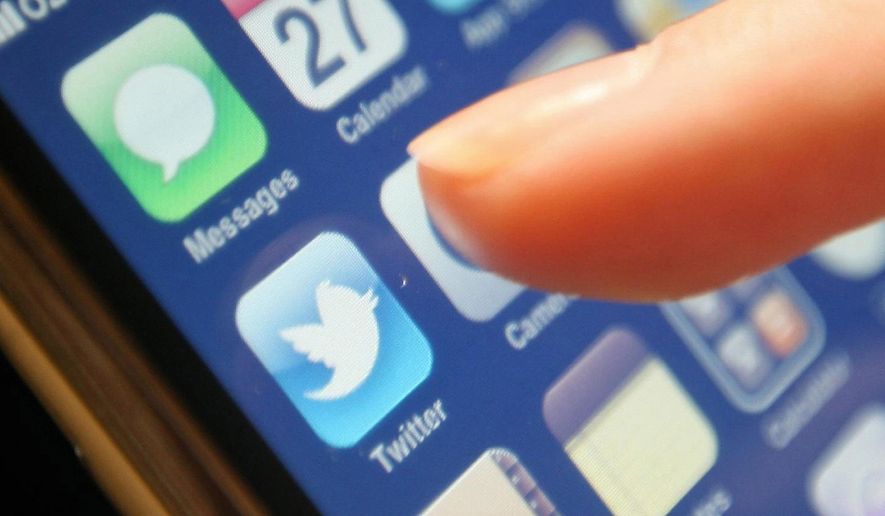Muslims and atheists are the most active on Twitter, while Christians and Jewish users are the least likely to tweet, a recent study shows.
The study, titled “U.S. Religious Landscape on Twitter,” looked at the Twitter accounts of more than 250,000 U.S. users, who “self-reported their religion as atheism, Buddhism, Christianity, Hinduism, Islam or Judaism,” in their user profiles, and consisted of more than 96 million tweets.
Muslim users average 4.2 tweets per day, while atheists average 3.3 tweets a day, compared to the 1.8 tweets from their Christian and Jewish counterparts with the lowest user rates.
“A key feature of religion is replication, and communication is key for such replication,” the study found. “Religion is a replicator — it replicates itself, its dogma … and in that sense it relies heavily on transmission media, Twitter being one of them.”
According to the study, atheists had the highest mean number of tweets per user at 3,976.8 compared to Muslims at 3,826.5.
Jewish users, Hindus and Buddhists had between 2,095.7 and 2,595.7 tweets, while Christian users only had 1,981 mean tweets per user.
Undeclared users, or those who did not mention one of the six faiths in their profiles, had 1,837.3 mean number of tweets and only averaged 1.9 tweets per day.
“Atheists appear to be more active than religious users, while the undeclared group generally appears to be less active than other groups,” the study showed.
The researchers also found that words such as “God, Christ, Lord” as well as “pray, worship, pastor” were most frequently used by Christian Twitter users, while atheists often tweeted about “religion, science, Christians, equality.”
The study was conducted by Lu Chen of the Kno.e.sis Center at Wright State University, Ingmar Weber at the Qatar Computing Research Institute and Adam Okulicz-Kozaryn at Rutgers University-Camden.
The researchers pointed out that not everyone publicly announces their religious beliefs, and so the survey could be biased toward users who are very religious or those who are open about their faith.
“Twitter might be replaced by ’the next big thing,’ but religion itself will not disappear in the foreseeable future,” the survey found,” though it is continuously evolving along with the cultural context it is embedded in.”
• Meredith Somers can be reached at msomers@washingtontimes.com.




Please read our comment policy before commenting.